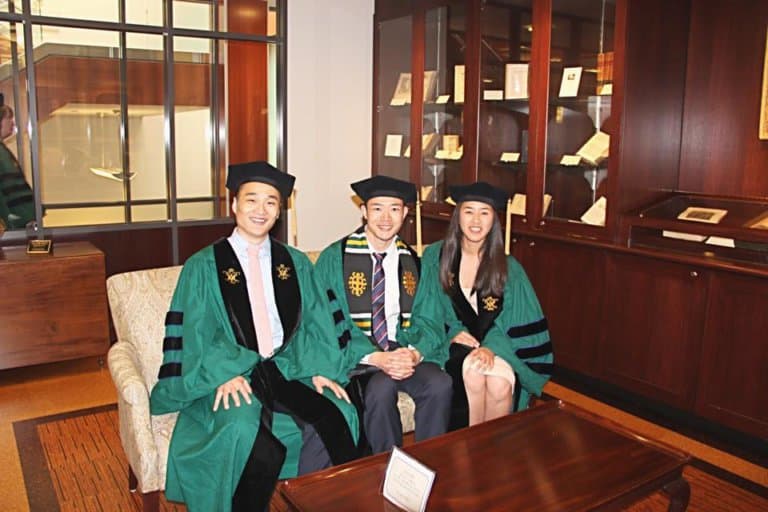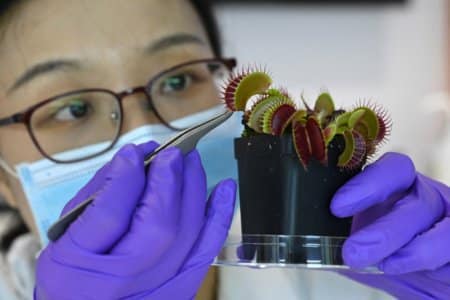
Like many of us at the age of 18, Sarawakian-born Elaine Sim didn’t know what her future would hold.
All she knew was that, after completing her A Levels, she would be studying law at the Queen Mary University of London.
Later, as a Draper’s Scholar, she would cross the Atlantic Sea in pursuit of a master’s degree in American Legal Studies at William and Mary Law School.
Fast forward to today, Sim is back in Malaysia and qualified to practise law here.
The only thing is, she isn’t. Instead, she’s running MigrateSafe – her own ethical recruitment agency for domestic workers (also casually known as “maids” in Malaysia).

After studying law in the UK, Elaine Sim completed a master’s degree in American Legal Studies at William and Mary Law School. Source: Elaine Sim
Studying law to make a difference
Sim was a “big employment and labour law nerd” when she was studying law in the US and UK. Driven by her interests, she sought to learn more about the legalities of work and how they protect vulnerable demographics.
“I was lucky enough to have the opportunity to study law in two countries where the legal systems are very advanced and established,” she says.
Her knowledge in this area laid a strong foundation for her to fight for better treatment of migrant workers in Malaysia, especially domestic helpers.
Reports of maid abuse are frequent here, ranging from withholding of salary and passports, not giving paid time off and physical assault.
In a case reported in 2018, a live-in Indonesian helper died of multiple organ failures after she was reportedly tortured and forced to sleep on the porch with the family pet Rottweiler.
“Domestic worker welfare is something that I care deeply about because of my experience growing up in Malaysia,” she says. “Post-graduation, I met some interesting people in Hong Kong who showed me how to build a meaningful business in Malaysia for the recruitment sector.”
She then went on to co-found PinkCollar where they designed a better way for employers to hire Filipino domestic workers.
Two years later, she relocated to Kuching, Sarawak and is running her own ethical recruitment firm — MigrateSafe.
Thanks to her exposure to both the UK and US legal systems, Sim possesses an understanding of global frameworks and how to implement laws pertaining to modern slavery in supply chains.
Sim says her American legal education “trained me to be a skilled advocate for the causes I believe in.”
When she returned to Malaysia, she compared the UK and the US employment and immigration framework with existing ones in Malaysia.
“With cultural, factual and historical knowledge, I try to better grasp how policies and frameworks here have evolved to be what they are now and how they might evolve into the future,” she says. “This helps me see the bigger picture and assess whether certain applications may be relevant here.”
Changing mindsets is challenging

Elaine Sim (on the far left) at the launch of her Kuala Lumpur-based company PinkCollar in Malaysia. Sim was a “big employment and labour law nerd” when she was studying law in the US and UK. Source: Elaine Sim
Reforming how Malaysian employers hire and treat migrant workers isn’t easy. Hiring legally and ethically is often more expensive and many employers did not want to pay more.
Neither is sustainability and retention front of mind or a priority, when there are short term profits to be gained.
The other big problem? Bureaucracy.
“In both East and West Malaysia, the migrant worker recruitment space is a very challenging industry to be in. It’s constantly making headlines for the wrong reasons. We [at MigrateSafe] have an ambitious goal to change entrenched mindsets, professionalise the industry and influence policy changes over time,” Sim says.
“While it’s not the easiest industry to pursue, having a strong vision and setting our eyes on long-term sustainability helps us stay focused and determined to keep going.”










